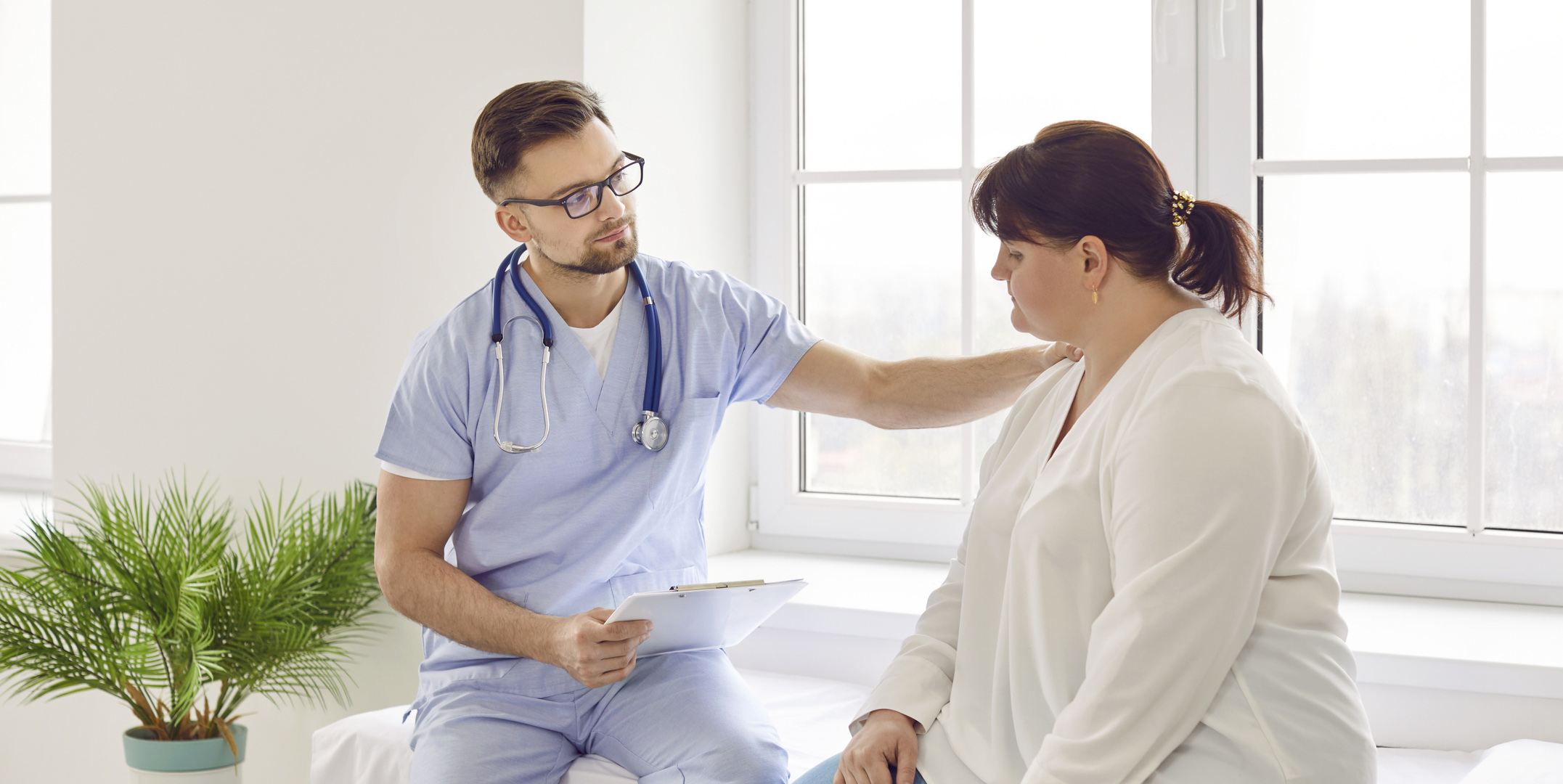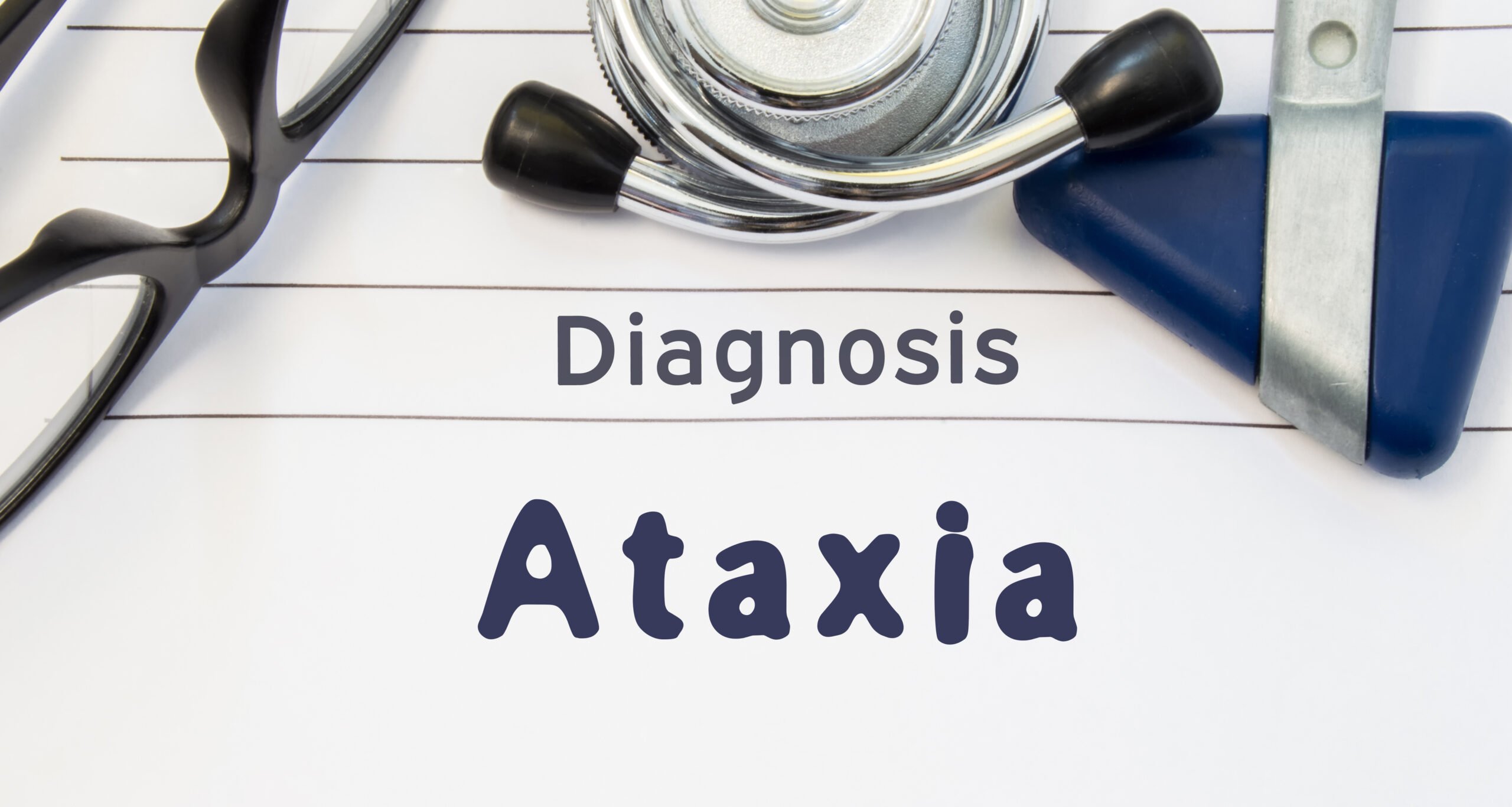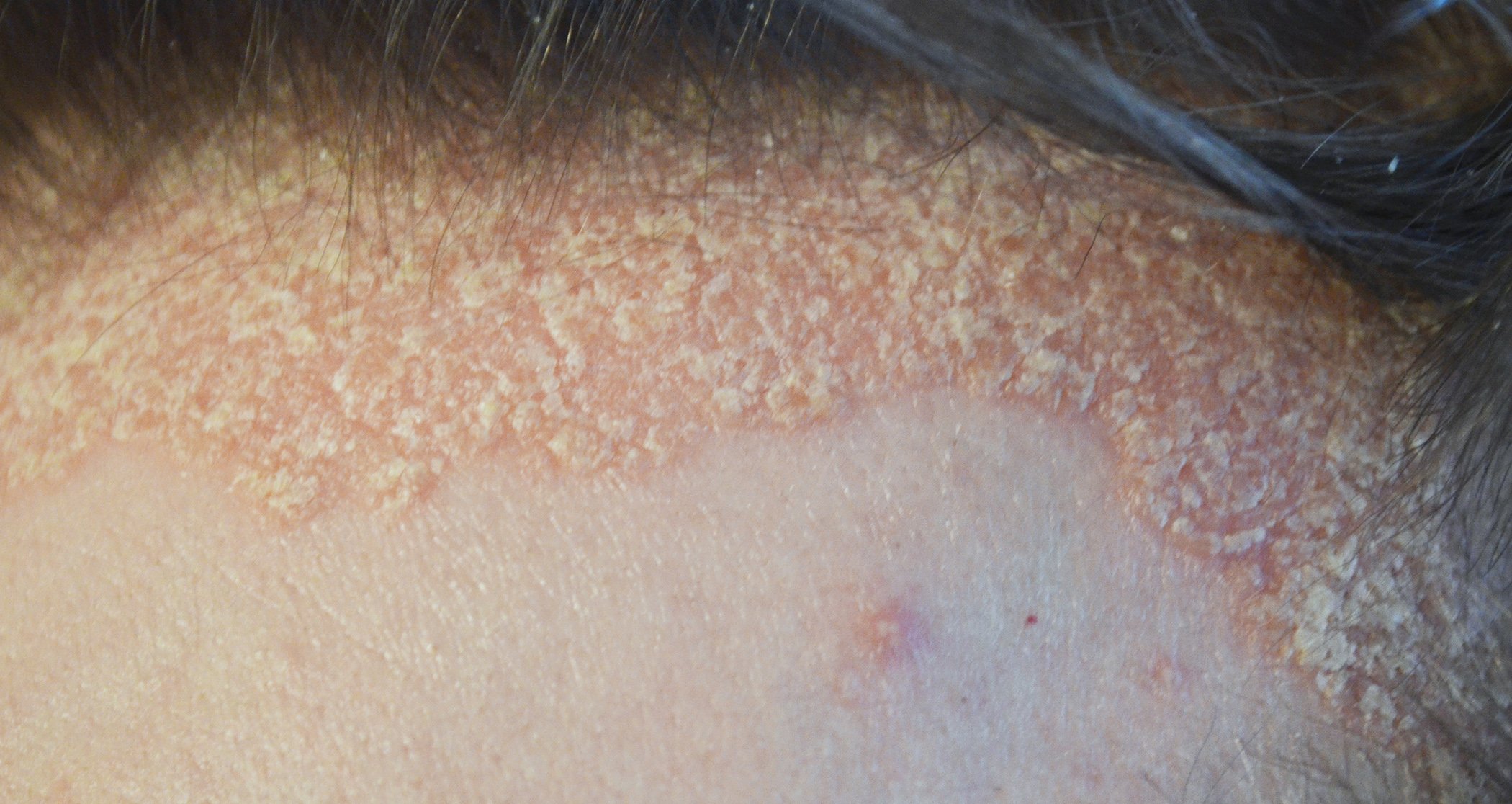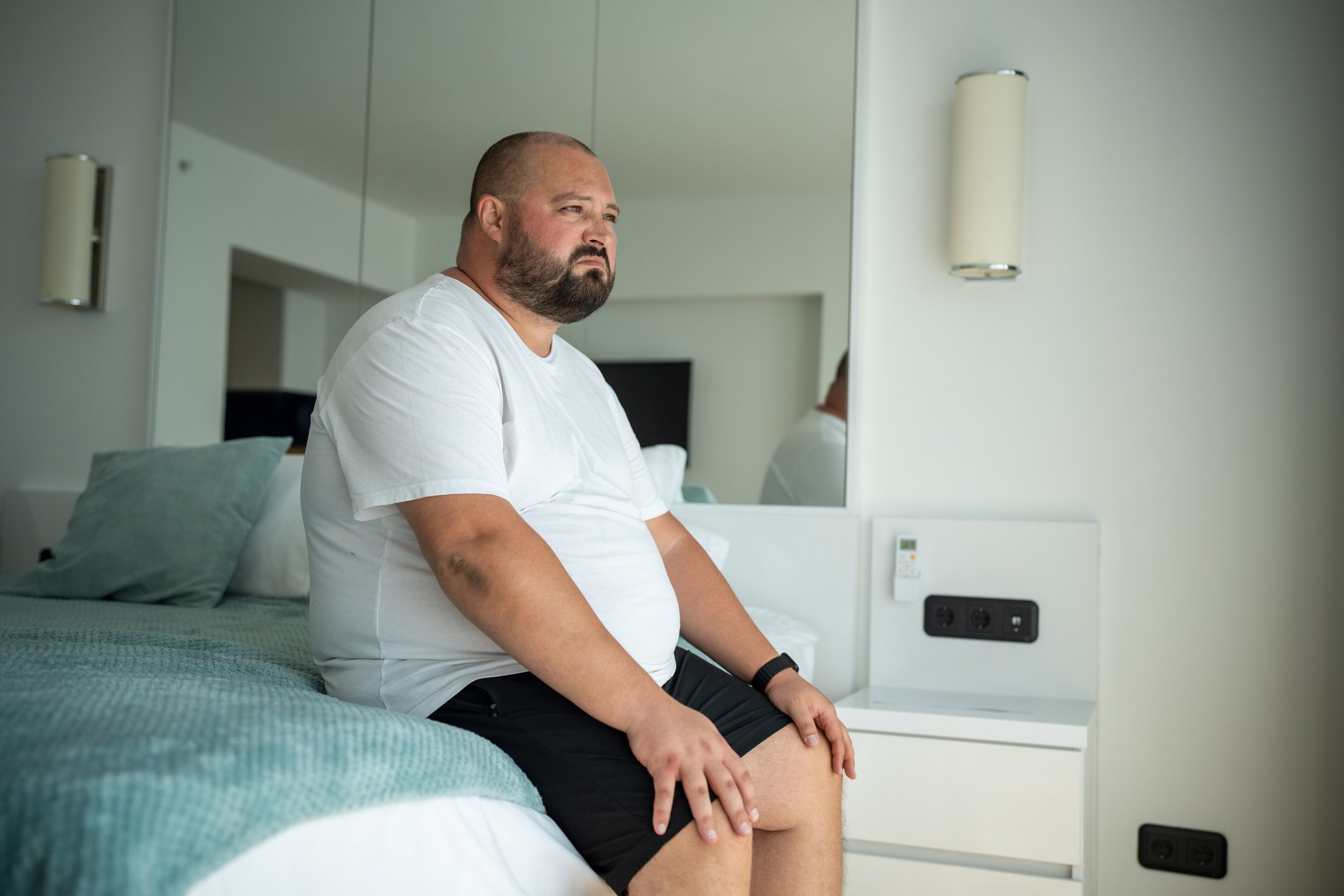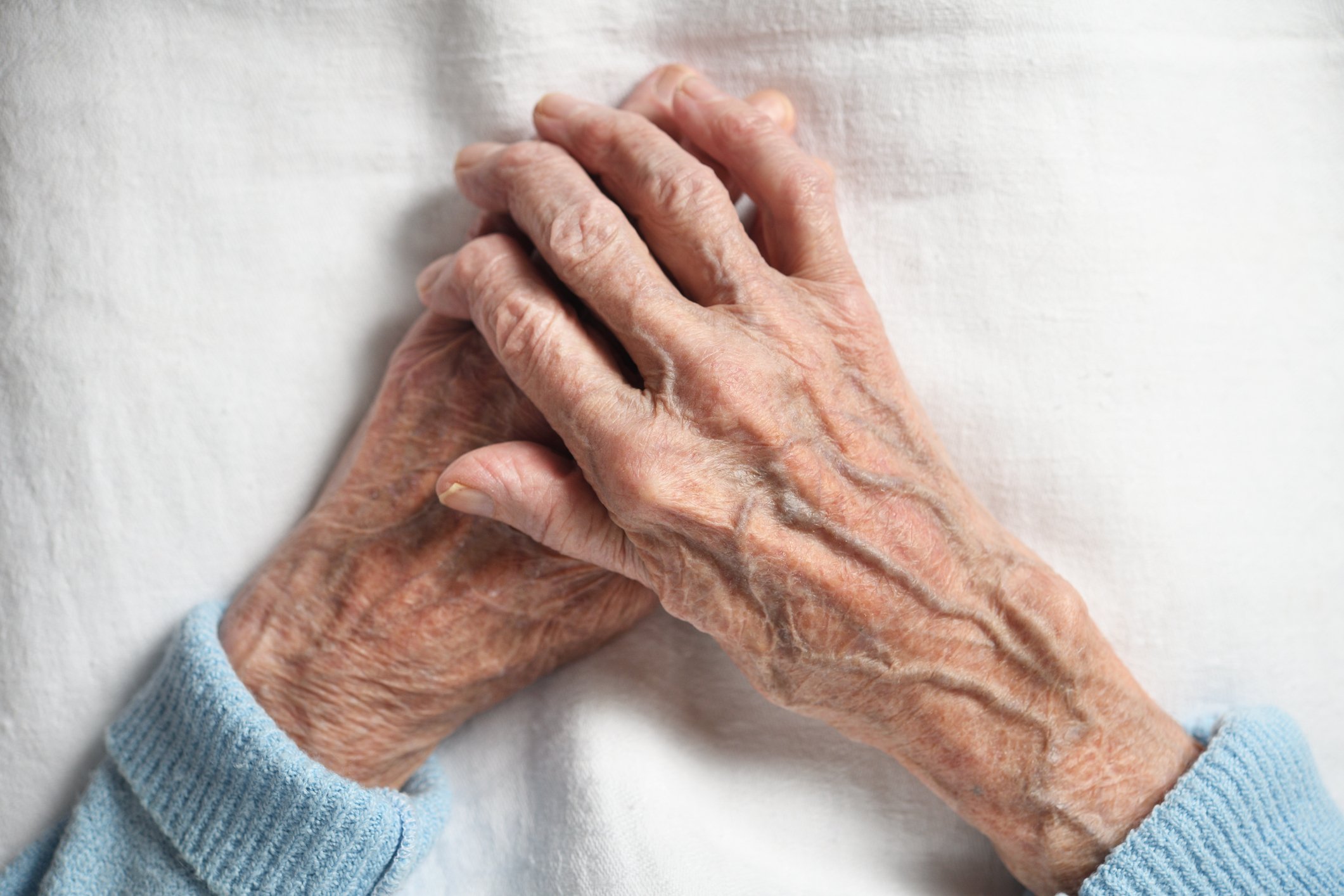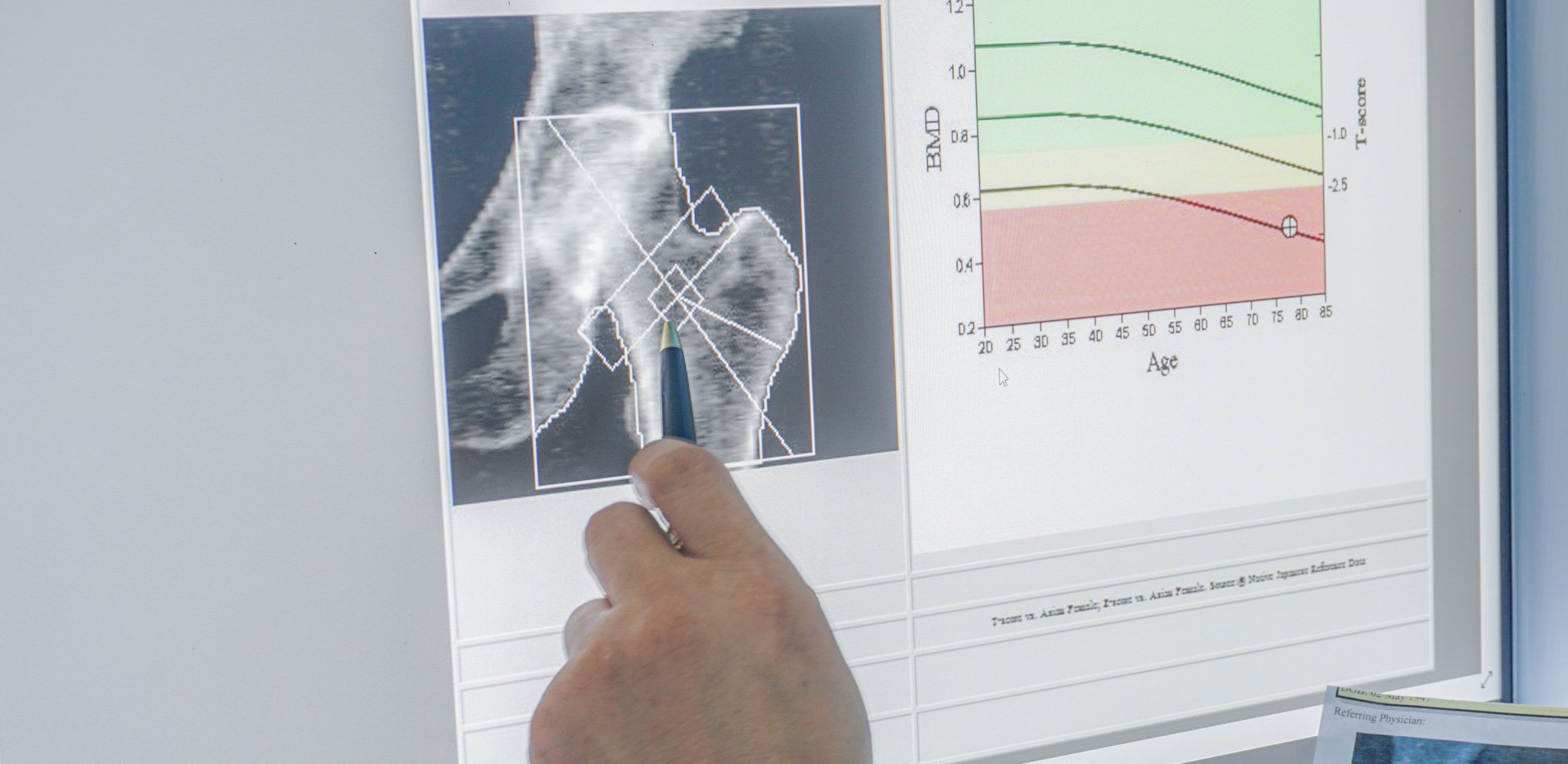The current situation surrounding the new SARS-CoV-2 and COVID-19 pandemic is dynamic and raises many questions. What rules of conduct and protective measures can healthcare professionals apply in everyday clinical practice? Answers from Prof. Dr. med. Philip Tarr, specialist for infectiology at the Cantonal Hospital Baselland.
Data on the new coronavirus are still scarce, and many current assessments are based on extrapolations of findings on SARS, MERS, influenza, etc., the infectiologist explained during an interactive web-based expert talk in a special edition of WebUp, March 26, 2020. The continuously updated regulations of the FOPH provide an important basis for appropriate measures. Unlike many other professions, health care workers in clinical settings are allowed/encouraged to continue working while applying protective and hygienic measures, otherwise the health care system will collapse.
In terms of hygiene rules, the same precautions apply to healthcare professionals in the clinical setting as to everyone else: consistent hand washing and disinfection is very important and, if possible, avoid touching your face. Regarding social distancing, make sure that the distance is at least 180 cm. This also applies to the waiting room, the meeting room, the reception (possibly install a plexiglass screen). Patients with suspected symptoms should be kept away from practices if possible (send to clarification centers).
Masks in clinical practice: what is known about them?
A surgical mask, he said, is sufficient in clinical practice and should be worn for all patient contacts (even though nothing about cold symptoms was mentioned at registration). Hands must be disinfected before putting on the mask. It is not necessary to always wear FFP2 mask and over aprons. Surgical masks are known to be similarly effective against influenza, H1N1, and SARS in clinical settings, he said. FFP2 (plus face protection, overskirts) are only useful for aerosol-generating tasks. “There is still too little data for the new coronavirus, but we assume that a surgical mask is about as effective as FFP2,” adds Prof. Tarr.
|
The general hygiene and behavior rules of the “This is how we protect ourselves” campaign at www.bag-coronavirus.ch also apply to health professionals. The use of a hygiene mask (surgical mask, OR mask) is recommended by the FOPH for healthcare professionals who cannot maintain a minimum distance of 2 meters from patients with confirmed COVID-19 infection or those with symptoms of acute respiratory infection. The use of an FFP2/3 mask should only be used for activities with a high risk of aerosol formation in individuals with reasonable suspicion or laboratory-confirmed COVID-19. |
What should be disinfected in treatment rooms?
It is perfectly reasonable to disinfect the following surfaces after patient contact: Table, chair, examination couch, door clinics, light switch. However, large-scale environmental disinfection, Ebola/astronaut suits, and head hoods tend not to make as much sense, he said. The dangerous exposures, he said, are when the viruses are inhaled or when viruses get from the hands to the face. “The few viruses it has in the environment are not very important,” the infectiologist said. Prof. Tarr also does not consider constant floor disinfection in the practice to be necessary; the virus dies within a few hours. With regard to packaging, newspapers, money, etc., it is known that coronaviruses survive for several hours on surfaces, but only a small number of viruses are involved. In his opinion, this does not pose a risk of infection. Dangerous is primarily the contact with secretions, whereby one inhales several million viruses (e.g. if one has close contact with an infected person without a mask).
What are criteria for conducting a test?
According to Prof. Tarr, only symptomatic individuals should be tested; testing asymptomatic individuals is not useful in the current situation. This also applies to health care workers, he said. For one thing, a negative test result has poor predictive value, and for another, tests are currently a scarce commodity. “In practice, it is currently not feasible to test asymptomatic individuals every 48 hours,” the expert explains. For tests in symptomatic pesons, a negative test result is considered valid at the Baselland Cantonal Hospital if the symptom duration beforehand was at least 72 hours. This is important to be sure not to miss any viruses, explains Prof. Tarr.
How long does a swab remain positive in an infected person?
On average, a smear remains positive for about 20-22 days, in extreme cases up to 37 days. But in mild courses, the number of viruses in the swabs decreases significantly within a week of symptom onset, presumably reducing contagiousness. Exceptions are persons with a severe course, who come to the intensive care unit with respiratory distress, pneumonia, etc.. In these cases, the number of viruses can increase further during the course of the disease. But what is known from influenza, for example, is that when someone is clinically better, the number of viruses in the nasopharynx also decreases.
Returning to work after surviving COVID19: What to consider?
It is very important that the person concerned observes the hygiene and precautionary measures after returning to work, for example, wearing a mask and regularly disinfecting their hands. It is currently assumed that one is immune for at least a few months after surviving COVID19. He said there is hardly any empirical data on this yet, so you also don’t know whether you will still be protected in the next winter season, for example, or not. It is possible that the new coronavirus will be endemic, that is, it will not simply disappear, as is the case with certain other viruses. Antibody tests are suitable for identifying people who are immune to the coronavirus, the expert said.
Source: Forum for Continuing Medical Education (FOMF): WebUp: Expertentreff Infektiologie – Talk zum Thema COVID-19. Prof. Dr. med. Philip Tarr, Kantonsspital Baselland, 26.03.2020.
DERMATOLOGIE PRAXIS 2020; 30(2): 4 (published 4/24/20, ahead of print).





